Review:
The Nordic Theory of Everything, by Anu Partanen
| Publisher: |
Harper |
| Copyright: |
2016 |
| Printing: |
June 2017 |
| ISBN: |
0-06-231656-7 |
| Format: |
Kindle |
| Pages: |
338 |
Anu Partanen is a Finnish journalist who immigrated to the United States.
The Nordic Theory of Everything, subtitled
In Search of a
Better Life, is an attempt to explain the merits of Finnish approaches to
government and society to a US audience. It was her first book.
If you follow US policy discussion at all, you have probably been exposed
to many of the ideas in this book. There was a time when the US left was
obsessed with comparisons between the US and Nordic countries, and while
that obsession has faded somewhat, Nordic social systems are still
discussed with envy and treated as a potential model. Many of the topics
of this book are therefore predictable: parental leave, vacation, health
care, education, happiness, life expectancy, all the things that are far
superior in Nordic countries than in the United States by essentially
every statistical measure available, and which have been much-discussed.
Partanen brings two twists to this standard analysis. The first is that
this book is part memoir: she fell in love with a US writer and made the
decision to move to the US rather than asking him to move to Finland. She
therefore experienced the transition between social and government systems
first-hand and writes memorably on the resulting surprise, trade-offs,
anxiety, and bafflement. The second, which I've not seen previously in
this policy debate, is a fascinating argument that Finland is a far more
individualistic country than the United States precisely because of its
policy differences.
Most people, including myself, assumed that part of what made the
United States a great country, and such an exceptional one, was that
you could live your life relatively unencumbered by the downside of a
traditional, old-fashioned society: dependency on the people you
happened to be stuck with. In America you had the liberty to express
your individuality and choose your own community. This would allow
you to interact with family, neighbors, and fellow citizens on the
basis of who you were, rather than on what you were obligated to do or
expected to be according to old-fashioned thinking.
The longer I lived in America, therefore, and the more places I
visited and the more people I met and the more American I myself
became the more puzzled I grew. For it was exactly those key
benefits of modernity freedom, personal independence, and
opportunity that seemed, from my outsider s perspective, in a
thousand small ways to be surprisingly missing from American life
today. Amid the anxiety and stress of people s daily lives, those
grand ideals were looking more theoretical than actual.
The core of this argument is that the structure of life in the United
States essentially coerces dependency on other people: employers, spouses,
parents, children, and extended family. Because there is no universally
available social support system, those relationships become essential for
any hope of a good life, and often for survival. If parents do not
heavily manage their children's education, there is a substantial risk of
long-lasting damage to the stability and happiness of their life. If
children do not care for their elderly parents, they may receive no care
at all. Choosing not to get married often means choosing precarity and
exhaustion because navigating society without pooling resources with
someone else is incredibly difficult.
It was as if America, land of the Hollywood romance, was in practice
mired in a premodern time when marriage was, first and foremost, not
an expression of love, but rather a logistical and financial pact to
help families survive by joining resources.
Partanen contrasts this with what she calls the Nordic theory of love:
What Lars Tr g rdh came to understand during his years in the United
States was that the overarching ambition of Nordic societies during
the course of the twentieth century, and into the twenty-first, has
not been to socialize the economy at all, as is often mistakenly
assumed. Rather the goal has been to free the individual from all
forms of dependency within the family and in civil society: the poor
from charity, wives from husbands, adult children from parents, and
elderly parents from their children. The express purpose of this
freedom is to allow all those human relationships to be unencumbered
by ulterior motives and needs, and thus to be entirely free,
completely authentic, and driven purely by love.
She sees this as the common theme through most of the policy differences
discussed in this book. The Finnish approach is to provide neutral and
universal logistical support for most of life's expected challenges:
birth, child-rearing, education, health, unemployment, and aging. This
relieves other social relations family, employer, church of the
corrosive strain of dependency and obligation. It also ensures people's
basic well-being isn't reliant on accidents of association.
If the United States is so worried about crushing entrepreneurship and
innovation, a good place to start would be freeing start-ups and
companies from the burdens of babysitting the nation s citizens.
I found this fascinating as a persuasive technique. Partanen embraces the
US ideal of individualism and points out that, rather than being
collectivist as the US right tends to assume, Finland is better at
fostering individualism and independence because the government works to
removes unnecessary premodern constraints on individual lives. The reason
why so many Americans are anxious and frantic is not a personal failing or
bad luck. It's because the US social system is deeply hostile to healthy
relationships and individual independence. It demands a constant level of
daily problem-solving and crisis management that is profoundly exhausting,
nearly impossible to navigate alone, and damaging to the ideal of equal
relationships.
Whether this line of argument will work is another question, and I'm
dubious for reasons that Partanen (probably wisely) avoids. She presents
the Finnish approach as a discovery that the US would benefit from, and
the US approach as a well-intentioned mistake. I think this is
superficially appealing; almost all corners of US political belief at
least give lip service to individualism and independence. However,
advocates of political change will eventually need to address the fact
that many US conservatives see this type of social coercion as an intended
feature of society rather than a flaw.
This is most obvious when one looks at family relationships. Partanen
treats the idea that marriage should be a free choice between equals
rather than an economic necessity as self-evident, but there is a
significant strain of US political thought that embraces punishing people
for not staying within the bounds of a conservative ideal of family. One
will often find, primarily but not exclusively among the more religious, a
contention that the basic unit of society is the (heterosexual,
patriarchal) family, not the individual, and that the suffering of anyone
outside that structure is their own fault. Not wanting to get married, be
the primary caregiver for one's parents, or abandon a career in order to
raise children is treated as malignant selfishness and immorality rather
than a personal choice that can be enabled by a modern social system.
Here, I think Partanen is accurate to identify the Finnish social system
as more modern. It embraces the philosophical concept of modernity,
namely that social systems can be improved and social structures are not
timeless. This is going to be a hard argument to swallow for those who
see the pressure towards forming dependency ties within families as
natural, and societal efforts to relieve those pressures as government
meddling. In that intellectual framework, rather than an attempt to
improve the quality of life, government logistical support is perceived as
hostility to traditional family obligations and an attempt to replace
"natural" human ties with "artificial" dependence on government services.
Partanen doesn't attempt to have that debate.
Two other things struck me in this book. The first is that, in Partanen's
presentation, Finns expect high-quality services from their government and
work to improve it when it falls short. This sounds like an obvious
statement, but I don't think it is in the context of US politics, and
neither does Partanen. She devotes a chapter to the topic, subtitled "Go
ahead: ask what your country can do for you."
This is, to me, one of the most frustrating aspects of US political
debate. Our attitude towards government is almost entirely hostile and
negative even among the political corners that would like to see
government do more. Failures of government programs are treated as
malice, malfeasance, or inherent incompetence: in short, signs the program
should never have been attempted, rather than opportunities to learn and
improve. Finland had mediocre public schools, decided to make them
better, and succeeded. The moment US public schools start deteriorating,
we throw much of our effort into encouraging private competition and
dismantling the public school system.
Partanen doesn't draw this connection, but I see a link between the US
desire for market solutions to societal problems and the level of
exhaustion and anxiety that is so common in US life. Solving problems by
throwing them open to competition is a way of giving up, of saying we have
no idea how to improve something and are hoping someone else will figure
it out for a profit. Analyzing the failures of an existing system and
designing incremental improvements is hard and slow work. Throwing out
the system and hoping some corporation will come up with something better
is disruptive but easy.
When everyone is already overwhelmed by life and devoid of energy to
work on complex social problems, it's tempting to give up on compromise
and coalition-building and let everyone go their separate ways on their
own dime. We cede the essential work of designing a good society to
start-ups. This creates a vicious cycle: the resulting market solutions
are inevitably gated by wealth and thus precarious and artificially
scarce, which in turn creates more anxiety and stress. The short-term
energy savings from not having to wrestle with a hard problem is
overwhelmed by the long-term cost of having to navigate a complex and
adversarial economic relationship.
That leads into the last point: schools. There's a lot of discussion here
about school quality and design, which I won't review in detail but which
is worth reading. What struck me about Partanen's discussion, though, is
how easy the Finnish system is to use. Finnish parents just send their
kids to the most convenient school and rarely give that a second thought.
The critical property is that all the schools are basically fine, and
therefore there is no need to place one's child in an exceptional school
to ensure they have a good life.
It's axiomatic in the US that more choice is better. This is a constant
refrain in our political discussion around schools: parental choice,
parental control, options, decisions, permission, matching children to
schools tailored for their needs. Those choices are almost entirely
absent in Finland, at least in Partanen's description, and the amount of
mental and emotional energy this saves is astonishing. Parents simply
don't think about this, and everything is fine.
I think we dramatically underestimate the negative effects of constantly
having to make difficult decisions with significant consequences, and
drastically overstate the benefits of having every aspect of life be full
of major decision points. To let go of that attempt at control, however
illusory, people have to believe in a baseline of quality that makes the
choice less fraught. That's precisely what Finland provides by expecting
high-quality social services and working to fix them when they fall short,
an effort that the United States has by and large abandoned.
A lot of non-fiction books could be turned into long articles without
losing much substance, and I think
The Nordic Theory of Everything
falls partly into that trap. Partanen repeats the same ideas from several
different angles, and the book felt a bit padded towards the end. If
you're already familiar with the policy comparisons between the US and
Nordic countries, you will have seen a lot of this before, and the book
bogs down when Partanen strays too far from memoir and personal reactions.
But the focus on individualism and eliminating dependency is new, at least
to me, and is such an illuminating way to look at the contrast that I
think the book is worth reading just for that.
Rating: 7 out of 10

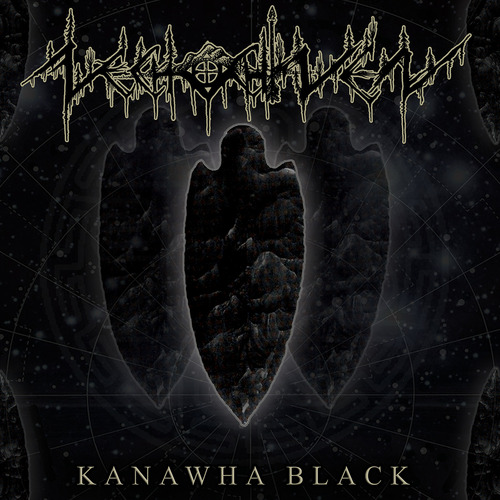
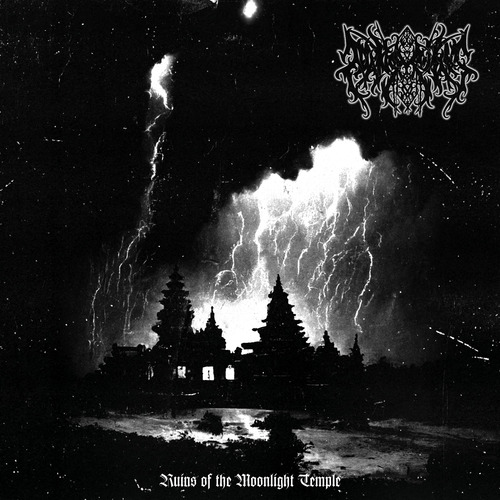





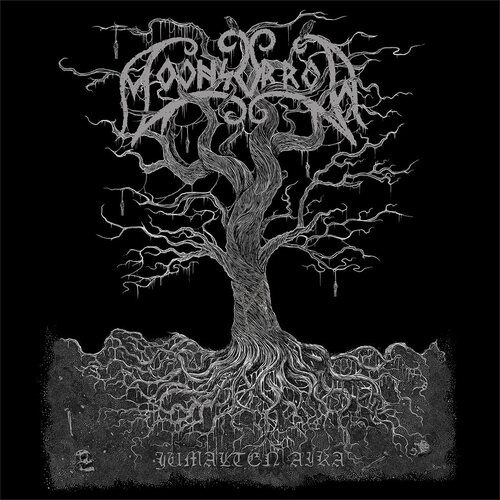
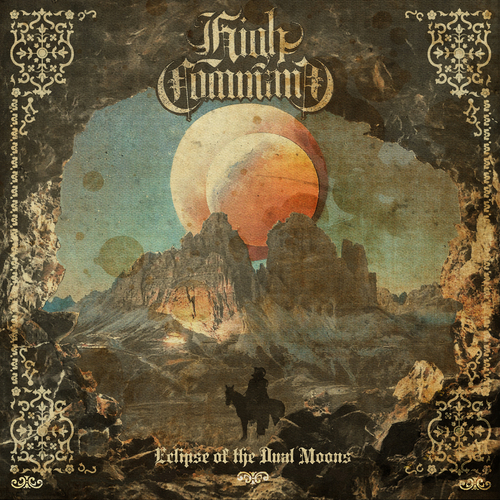
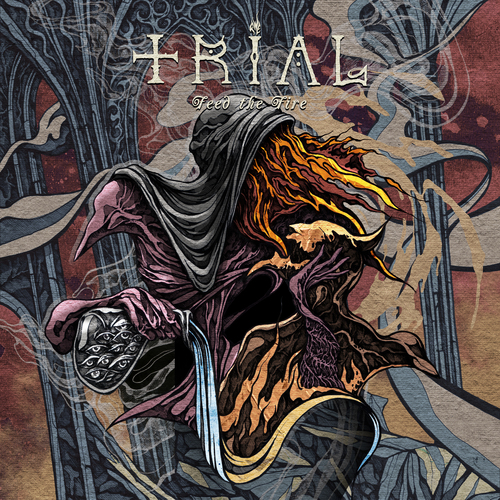
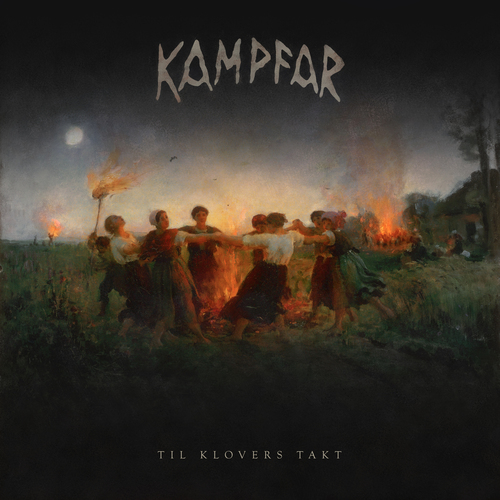
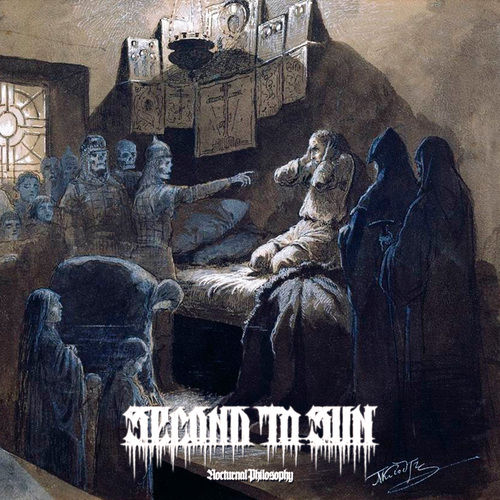
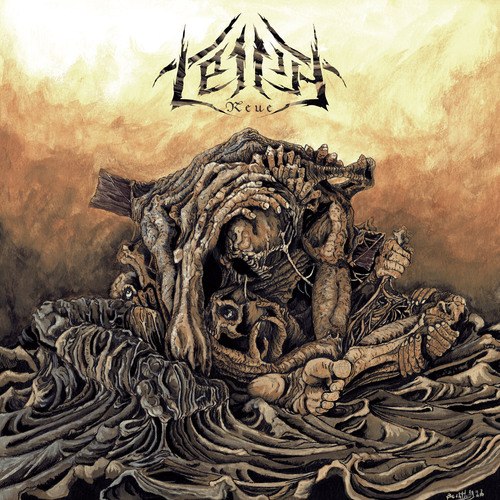
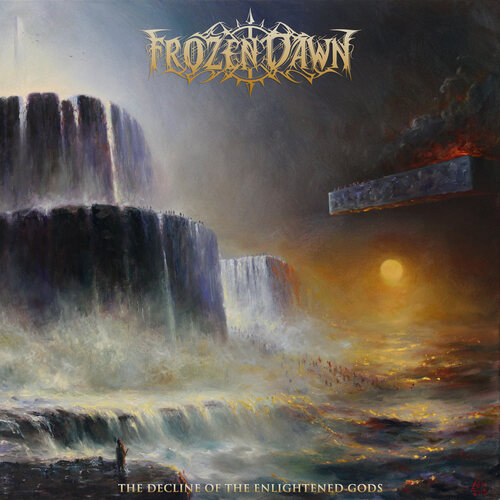

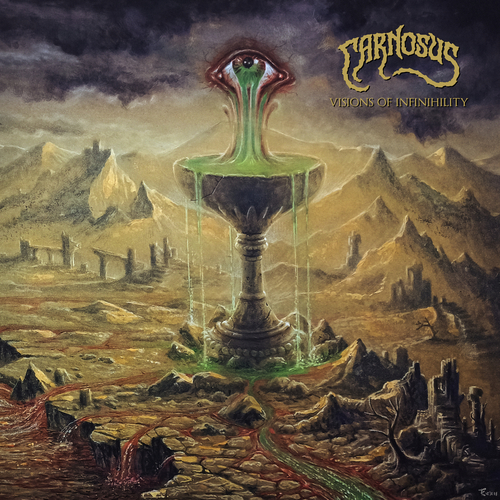











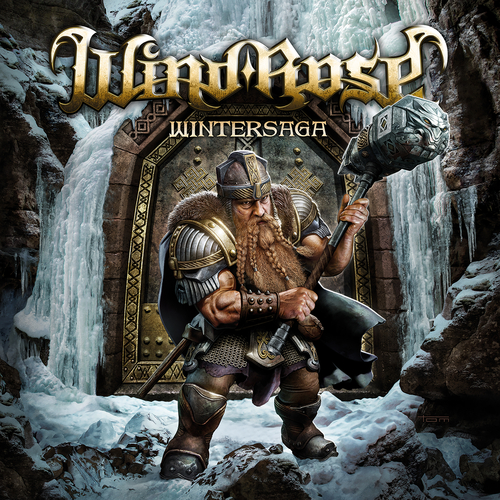
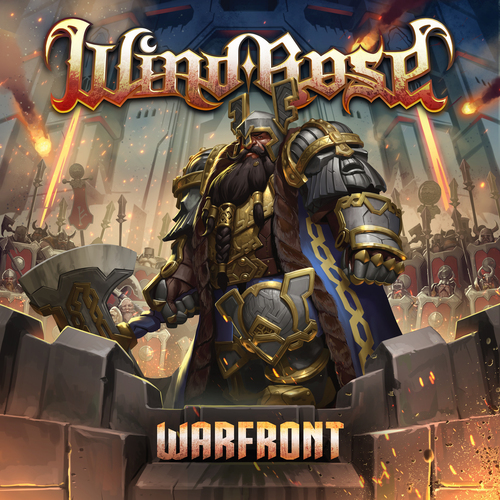


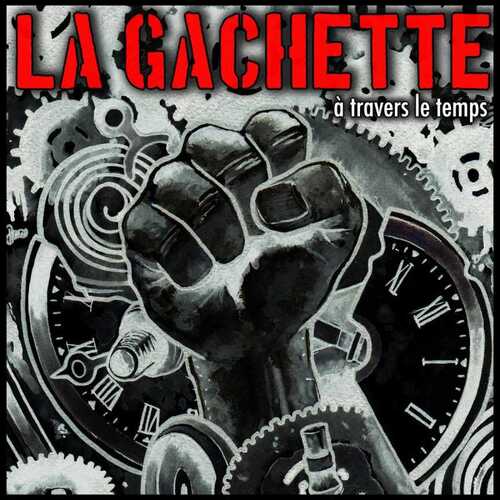
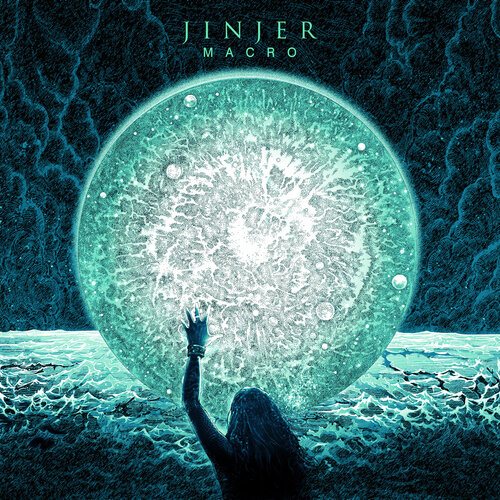

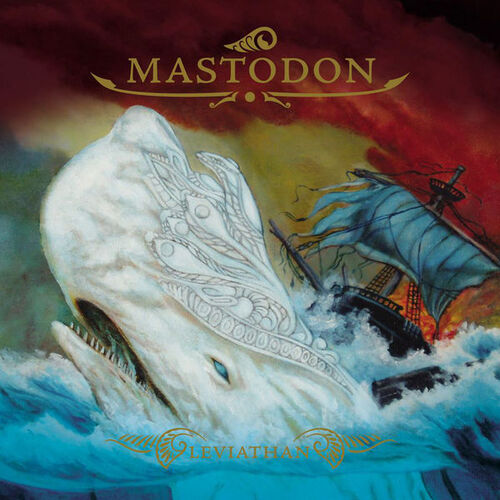
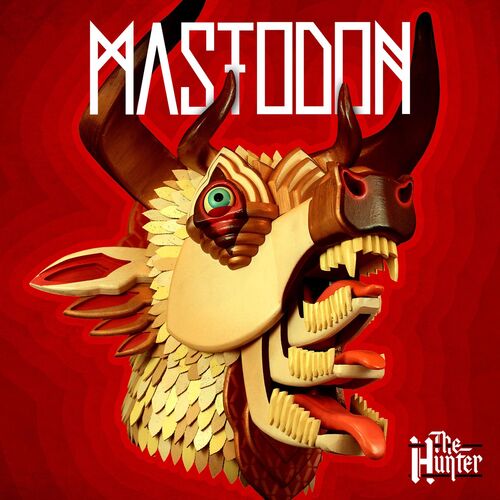








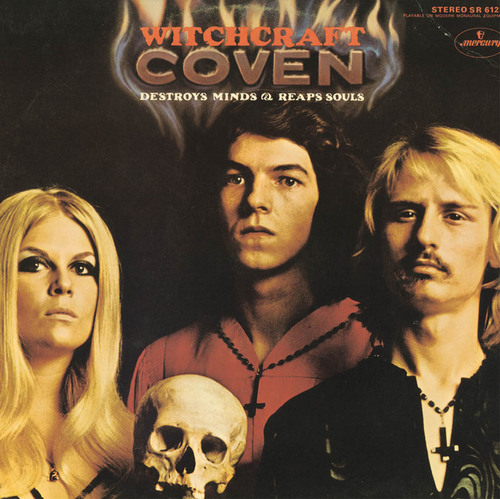

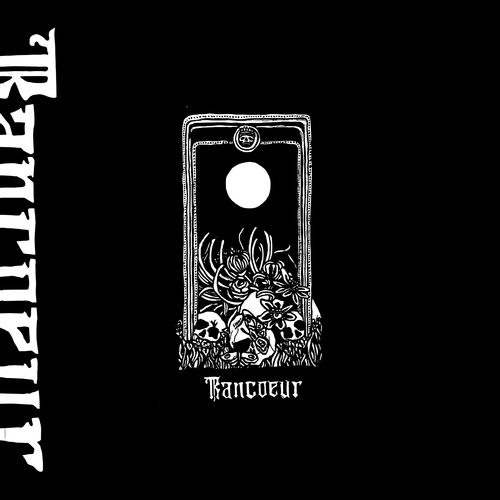





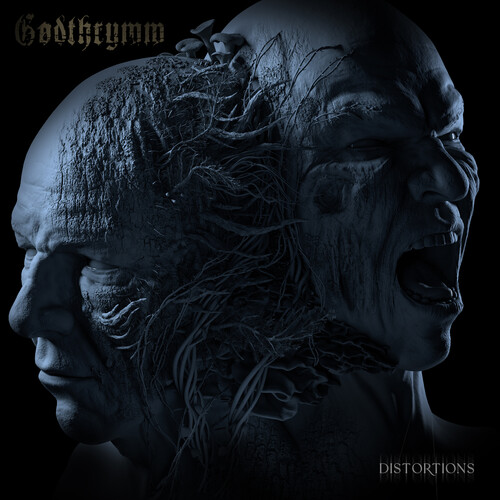

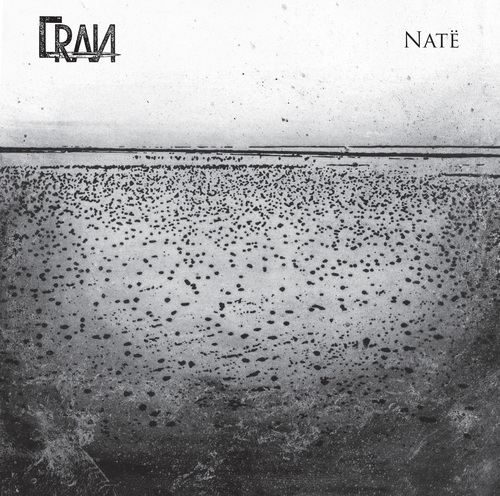







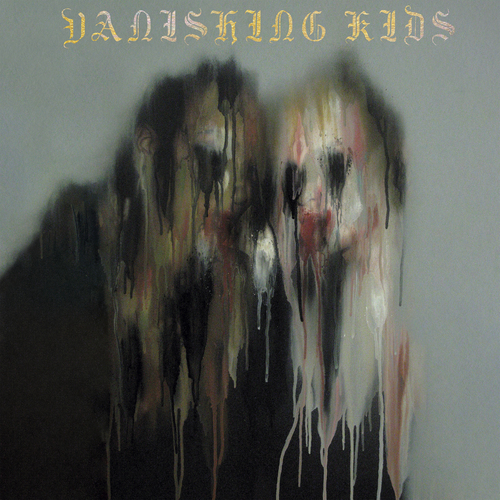

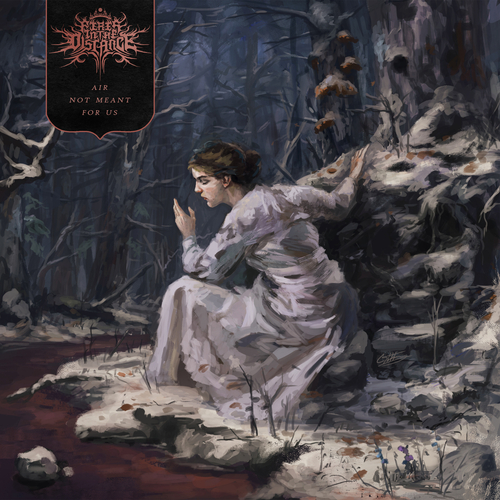
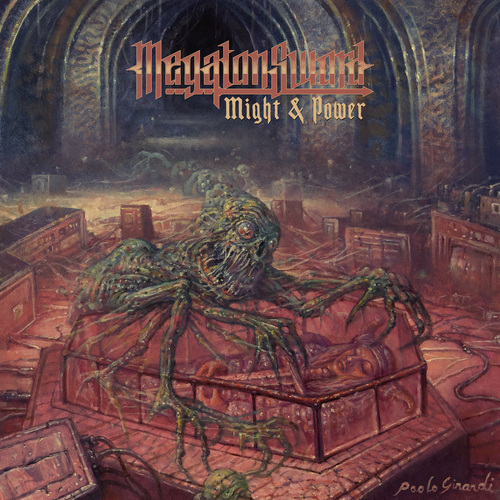
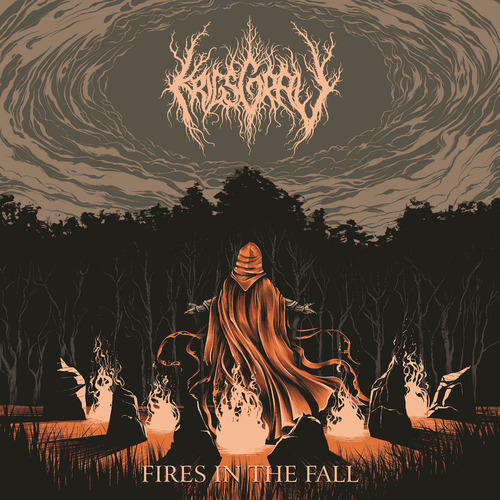

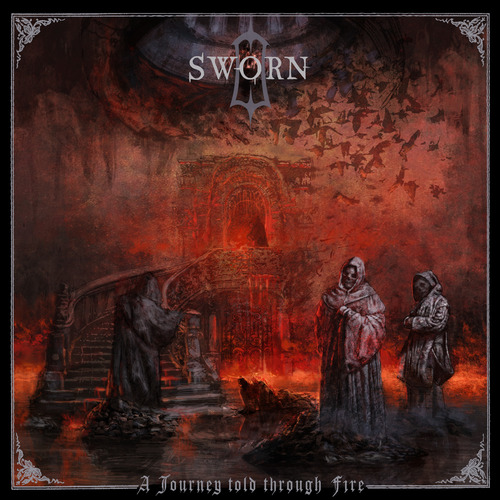
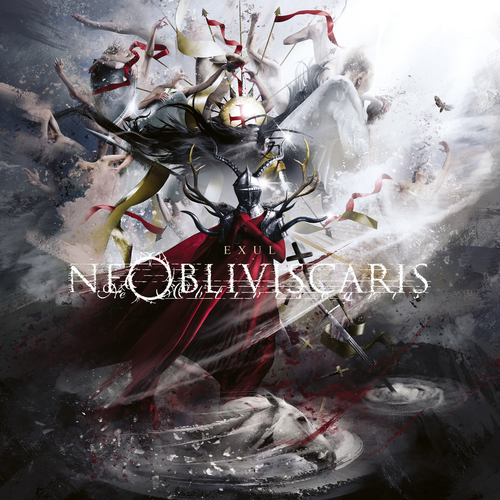



 There is a bit of context that needs to be shared before I get to this and would be a long one. For reasons known and unknown, I have a lot of sudden electricity outages. Not just me, all those who are on my line. A discussion with a lineman revealed that around 200+ families and businesses are on the same line and when for whatever reason the electricity goes for all. Even some of the traffic lights don t work. This affects software more than hardware or in some cases, both. And more specifically HDD s are vulnerable. I had bought an APC unit several years for precisely this, but over period of time it just couldn t function and trips also when the electricity goes out. It s been 6-7 years so can t even ask customer service to fix the issue and from whatever discussions I have had with APC personnel, the only meaningful difference is to buy a new unit but even then not sure this is an issue that can be resolved, even with that.
That comes to the issue that happens once in a while where the system fsck is unable to repair /home and you need to use an external pen drive for the same. This is my how my hdd stacks up
There is a bit of context that needs to be shared before I get to this and would be a long one. For reasons known and unknown, I have a lot of sudden electricity outages. Not just me, all those who are on my line. A discussion with a lineman revealed that around 200+ families and businesses are on the same line and when for whatever reason the electricity goes for all. Even some of the traffic lights don t work. This affects software more than hardware or in some cases, both. And more specifically HDD s are vulnerable. I had bought an APC unit several years for precisely this, but over period of time it just couldn t function and trips also when the electricity goes out. It s been 6-7 years so can t even ask customer service to fix the issue and from whatever discussions I have had with APC personnel, the only meaningful difference is to buy a new unit but even then not sure this is an issue that can be resolved, even with that.
That comes to the issue that happens once in a while where the system fsck is unable to repair /home and you need to use an external pen drive for the same. This is my how my hdd stacks up  The main argument as have shared before is that Indian Govt. thinks we need our home grown CPU and while I have no issues with that, as shared before except for RISC-V there is no other space where India could look into doing that. Especially after the Chip Act, Biden has made that any new fabs or any new thing in chip fabrication will only be shared with
The main argument as have shared before is that Indian Govt. thinks we need our home grown CPU and while I have no issues with that, as shared before except for RISC-V there is no other space where India could look into doing that. Especially after the Chip Act, Biden has made that any new fabs or any new thing in chip fabrication will only be shared with 
 . Backups certainly make a lot of sense, especially
. Backups certainly make a lot of sense, especially 